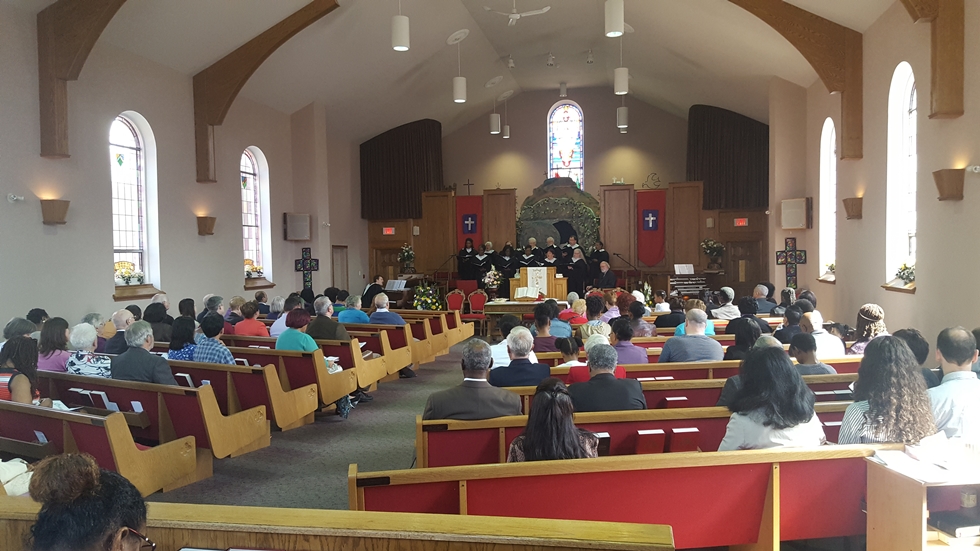“Oh, the depth of the riches of the wisdom and knowledge of God! How unsearchable His judgments, and His paths beyond tracing out! Who has known the mind of the Lord? Or who has been His counsellor? Who has ever given to God, that God should repay him? For from Him and through Him and to Him are all things. To Him be the glory forever! Amen.”
Romans 11:33-36
An advertisement for David W. Pao’s book, Thanksgiving: An Investigation of a Pauline Theme, is quoted as saying that “To offer thanks to God is to live a life of worship and to anticipate the future acts of God, all in submission to the Lordship of Christ. Ingratitude to God is idolatry. Thanksgiving functions as a link between theology, including eschatology, and ethics. Here Pao provides clear insights into the passion of an apostle who never fails to insist on the significance of both the gospel message and the response that message demands.” That quotation provides us with a good starting point for our reflection upon the passage from Romans 11:33-36 which is quoted at the top of this page. That text gives us a glimpse into the passion of the Apostle Paul who has just spent the better part of eleven chapters in the letter to the Romans outlining the gospel he has been proclaiming. The teaching is rich, abounding in Scripture, and deeply convicting as we begin to glimpse God’s redemptive purpose being worked out in our lives and in our world. Tim Challies in an article shared on a wonderful new website called “His Marvelous Light” which can be found at http://hismarvelouslight.wordpress.com writes that “If a person or church is gospel-centred, it tells us that there are other things around which it is not centred. It is not tradition-centred (as perhaps, fundamentalist churches may be), it is not pragmatically-centred (as church growth churches often are), it is not culturally-centred as so many churches are today. It is the Gospel that stands in the very centre of the church or of the believer.”
What Challies is stating is exactly what the Apostle Paul was. It is also what the gospel is calling each of to become. Paul outlined the gospel pointing to the fact that it transforms every part of our lives, lifting us out of the idolatry which dominates our lives, into the freedom we have in the Lord Jesus Christ. It is God’s doing not our own. John Calvin expressed in these words in his Institutes, quoted by Haykin and Stewart in The Advent of Evangelicalism, page 204. “It was his task to swallow up death. Who but life could do this? It was his task to conquer sin. Who but very Righteousness could do this? It was his task to rout the powers of world and air. Who but a power higher than world and air could do this? Now where does life or righteousness, or lordship and authority of heaven lie but with God alone? Therefore our most merciful God, when he willed that we be redeemed, made himself our Redeemer in the person of his only-begotten Son.” (Institutes 2.12.2)
There is only one proper response to such a gift and the Apostle Paul has expressed it when he is overwhelmed in praise to God for all that He has done for us. To come in faith to the Lord Jesus Christ for grace is to be completely transformed by this gift. From the moment that we believe we will find ourselves living a life that is filled with thanksgiving to God for all that He has done for us. This is at the heart of genuine worship of God. Anything less than real gratitude to the one who has redeemed us is idolatry.
